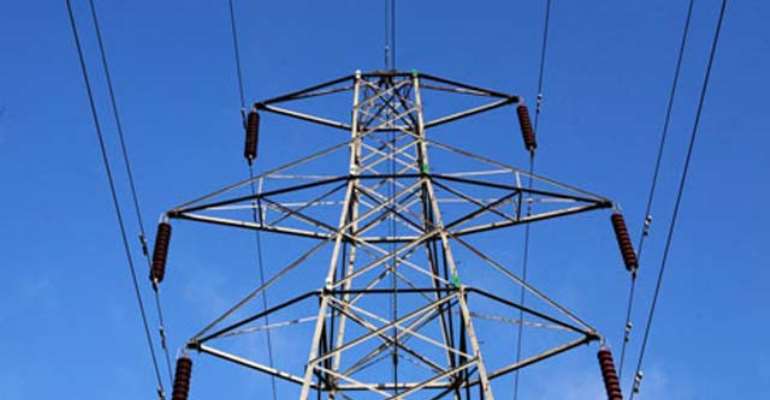Of GENCOS, DISCOS and darkness – Thisday Of GENCOS, DISCOS and darkness – Thisday

One year after the privatisation of the power sector, Nigerians are yet to see the 'light'
The excitement that greeted the privatisation of the power sector a year ago has since petered out following the dismal performance of the electricity companies. Although they have been parading a star-studded management profiles and have been brandishing huge budgets, the true story is that nothing much has changed from the dark past. Today, stable supply of electricity remains an illusion, leaving ordinary Nigerian citizens groaning.
What makes the situation unfortunate is that smaller countries on the continent are overcoming this crisis of electricity and moving on to deal with other matters. Ghana, for instance, recently celebrated a decade of uninterrupted power supply. Cameroon, despite its political and financial handicap, supplies more light to its citizens than Nigeria. In war ravaged and Ebola-infested countries like Sierra Leone and Liberia, an average citizen still enjoys better access to electricity than their counterparts in Nigeria.
That the provision of electricity remains a huge challenge for Africa's largest economy, has called to scrutiny many of the claims by top government officials because no growing economy can survive without durable energy. Even small businesses in Nigeria depend on generators. At the social levels, children born from the late 90s to date do not even know what it means to have constant power supply. They are practically children of darkness.
However, with the privatisation of the power sector, there was a silent hope that the miracle that followed the deregulation of the telecommunication sector would happen here as well. And when the bidding process was conducted and private companies were awarded rights to take over the power sector in a transparent exercise, many Nigerians welcomed the wisdom of the policy. But today, with the power situation, many are now wondering whether we can ever get it right in the power sector.
While the major obstacle to power generation, according to the perennial government excuse, is gas, we should not attribute the major problems to gas alone. There is also the problem of revenue collection of the generated power and other associated problems in the entire chain (generation, transmission and distribution) such as weak transmission infrastructure and poor distribution network.
However, it is also true that demand for natural gas in Nigeria has been on the increase over the last couple of years. This can be attributed to recent developments in the power sector, industry use and supplies to neighbouring West African countries. There is now a wide, growing and obvious gap between available gas and the gas required for generating power. Available generation from NIPP power plants alone in commercial operations is 2,172 MW and this will increase to 4,259 MW when the 10 NIPP power plants eventually come on stream. On the average, 10 units (about 1200 MW daily) of NIPP power plants are lying idle due to gas restrictions.
But beyond the issue of gas, outstanding power sector debt is also a major disincentive to investment in the sector. The recent bail-out by the government through the Central Bank of Nigeria (CBN) is commendable but that cannot be an enduring solution because the debt will start piling up again as there is a mismatch in the revenue collected from the power generated and the power sold to the final consumers. Also, there are no new investments by the IOCs or the new owners. Rather the IOCs are divesting and may not be interested in developing their gas fields under the present price regime.
All said, the fact remains that Nigerians have groped in the dark for too long. It is time for stable supply of electricity to become a reality. Nigerians are tired of all the excuses or of living forever on hope. We call on the regulators and the operators to step up to the plate as the current situation is not only intolerable, it is also scandalous.
